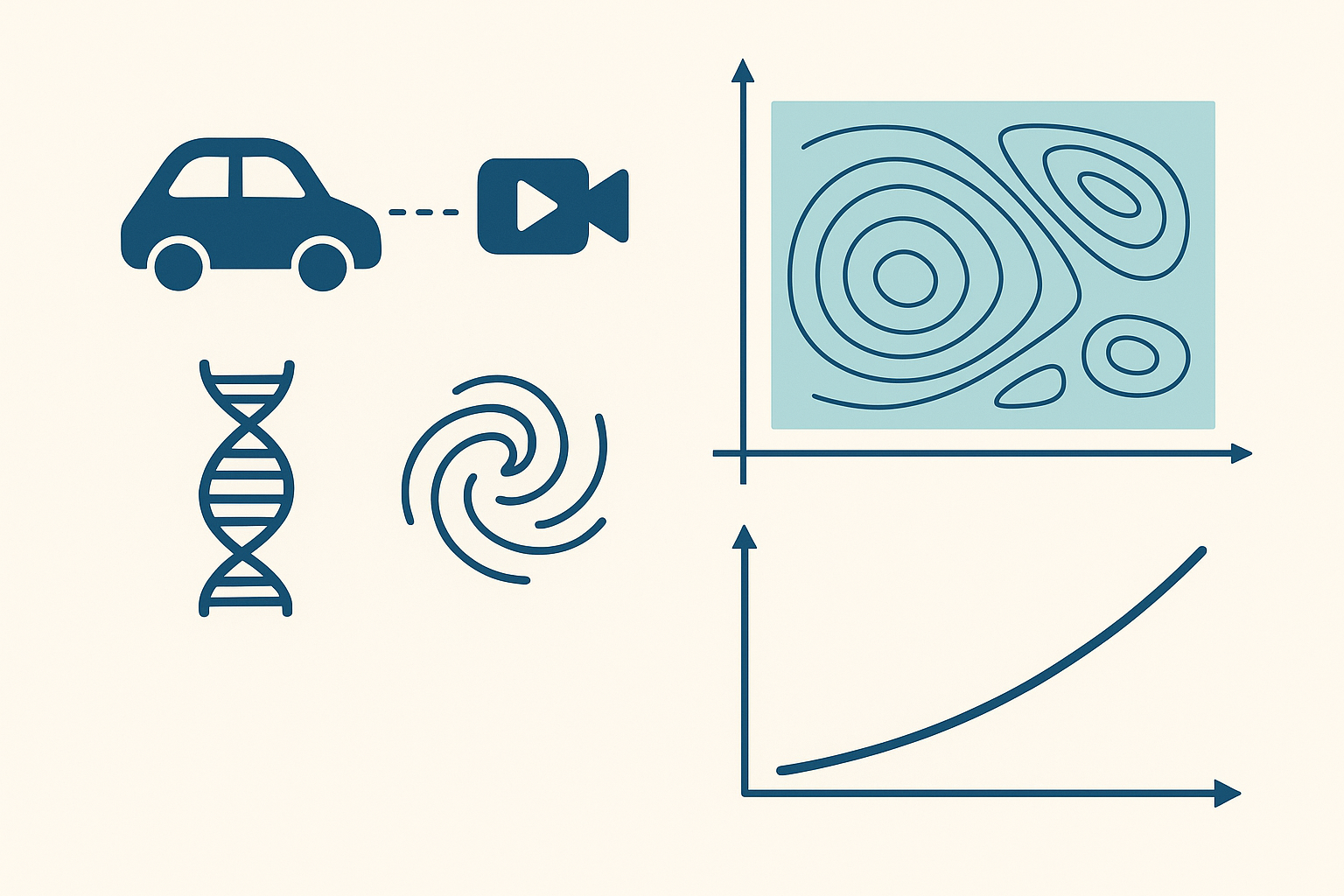PI: Anders Hansson, Linköping University
co-PI: Anders Rantzer, Lund University
In recent years, data-driven control in high dimensions has penetrated into many new application areas. Examples include control of autonomous vehicles based on video data, simulation based pre- diction of turbulent flows and precision medicine based on gene sequencing time series data. Large data sets come with significant computational challenges. Tremendous algorithmic progress has been made in machine learning and related areas, but application to dynamical systems is hampered when the number of time samples is small compared to state dimensions, while latency and stability remain central concerns. As a result, learning-based feedback in high dimensions is still carried out without a solid theoretical foundation. This leads to unpredictable behavior, which is a major bottleneck for efficient and resilient control of complex systems in engineering and medicine.
The purpose of this project is to address these issues in two PhD projects by combining powerful ideas that have not been fully exploited before. The first PhD project will exploit network structure in adaptive control. The second one will exploit of causality structure in data-driven iterative updates of control laws. The two directions are closely related and strong synergies between the PhD projects can therefore be expected.
Project number: F6

